Electric Cars May Pollute More Than Gas Models: Study
Electric vehicles probably seem to have a tiny carbon footprint at the surface, but a recent study suggests environmental impact varies in gravity according to where the vehicle is charged.
Automakers tout EVs as zero-emission transportation but that doesn’t mean they don’t have an environmental impact. The issue is that charging creates green house gases, and those emissions aren’t necessarily constant. According to the Union of Concerned Scientists, which uses the electric power requirements of the Nissan Leaf as a basis for comparison, there is a significant disparity in greenhouse gases released into the environment depending on the source of the electricity itself.
The study that will be officially released on Monday states that a full cycle of energy production, also known as well-to-wheel analysis, must be taken into account. Findings from the U.C.S. report demonstrate that electric utilities that rely on natural gas, nuclear, hydroelectric, or renewable sources to power their generators serve a far greater potential of reducing carbon dioxide emissions than coal-burning electric plants. According to U.C.S., greenhouse gases from coal plants negatively affect the well-to-wheel figure for electric vehicles enough that it suffers a greater carbon footprint than that of subcompact vehicles featuring the latest gasoline engines.
A geographical breakdown of electricity generation is also included in the report to identify the dirtier coal power plants in question. The findings show that only the 45 percent of the U.S. population living along the coasts have sources of electricity capable of using a Nissan Leaf EV at lower greenhouse gas levels than gasoline engine vehicles capable of 50 mpg in combined driving.
In fact, 37 percent of Americans reside in regions where a Nissan Leaf’s impact would only match gasoline vehicles rated at 41 to 50 mpg. Finally, 18 percent of Americans live in regions that are worse, where greenhouse gas emissions from the Leaf only match gasoline vehicle rated from a combined 31 to 40 mpg, which measures up to emissions from the Ford Focus, or Hyundai Elantra.
At its core, U.C.S. hopes the study will encourage modernized power plants. Senior U.C.S. engineer, Don Anair, said the dirtiest electric-grid regions account for between two and a half to four times the global-warming emissions than those of the cleanest regions. Still, it seems there’s hope.
“A number of old coal-fired power plants are now being retired. Given emission standards recently introduced by the current administration, any new coal-fired plants will be far cleaner than their predecessors,” he said.
[Source: New York Times]
More by Danny Choy



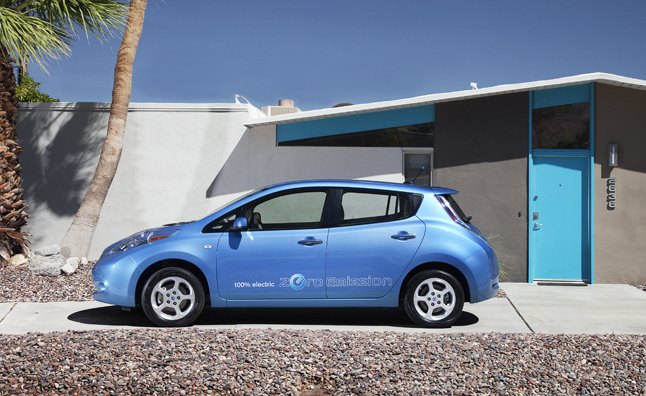












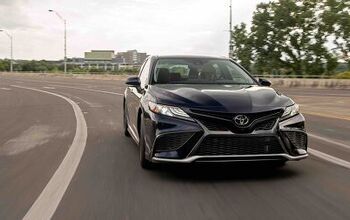


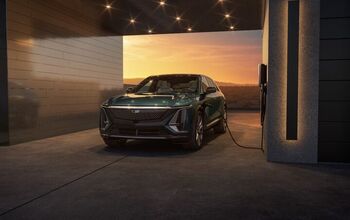
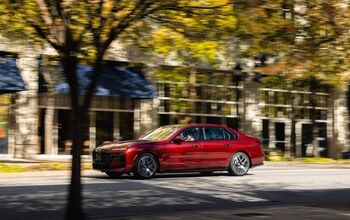





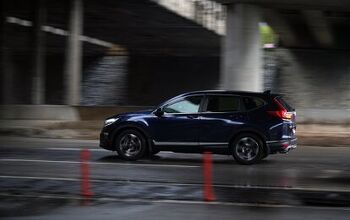
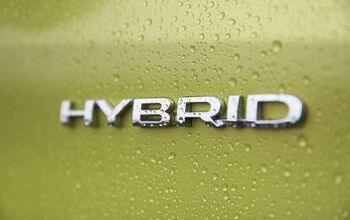
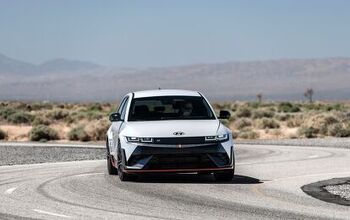

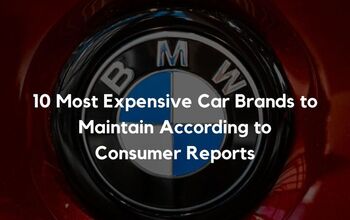

Comments
Join the conversation
My Chevy Volt is 100% solar powered. The Nissan Leaf can be solar powered just as easily. I don't think it takes a genius to figure out that solution. Are there any real scientists in the Union of Concerned Scientists?
An Electric car does not pollute.!!! Electric power plant pollutes more or less. From which pervert conception does a non emiting car emits something ??